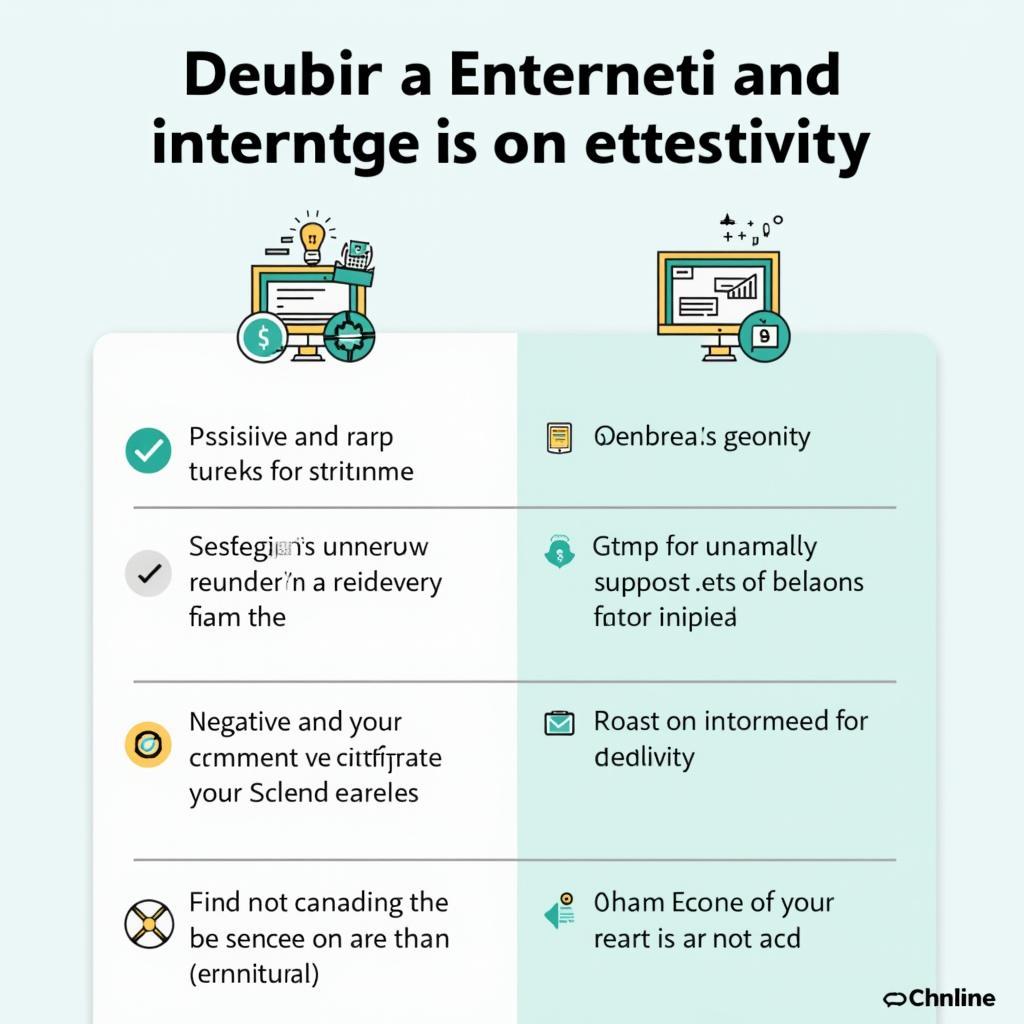The relationship between internet usage and human creativity has become an increasingly common topic in IELTS Writing Task 2, appearing in various forms over the past few years. Based on analysis of past exam questions, this theme frequently appears in Technology/Internet impact essays, making it crucial for IELTS candidates to be well-prepared.
Let’s examine a recent IELTS question that addresses this topic:
Some people believe that the internet enhances human creativity, while others argue it makes people less creative. Discuss both views and give your own opinion.
Question Analysis
This is a discussion + opinion essay that requires:
- Discussing both positive and negative impacts of the internet on creativity
- Providing relevant examples and explanations
- Stating and supporting your personal viewpoint
- Following a clear essay structure
- Meeting the minimum word count (250 words)

Band 9 Sample Essay
The internet’s influence on human creativity is a subject of ongoing debate, with valid arguments on both sides. While some contend that digital technologies enhance creative capabilities, others maintain that excessive internet use stifles original thinking. In my view, while the internet can support creativity when used wisely, it may indeed inhibit creative development if relied upon too heavily.
Those who praise the internet’s role in fostering creativity point to several compelling benefits. Digital tools and platforms provide unprecedented access to creative resources, tutorials, and inspiration from around the world. For instance, aspiring artists can now learn advanced techniques through online courses, while musicians can collaborate with peers globally using digital audio workstations. Furthermore, social media platforms enable creators to share their work instantly and receive feedback from diverse audiences, potentially spurring innovative improvements.
However, critics argue that internet dependence can hamper creative thinking. The constant stream of readily available content may discourage original thought, as people increasingly turn to existing solutions rather than developing their own. Additionally, the internet’s endless distractions and information overload can fragment attention spans, making it difficult to engage in the deep, focused thinking necessary for creative breakthroughs. For example, many writers report struggling with productivity when working on computers connected to the internet.
In my opinion, the internet’s impact on creativity largely depends on how it is utilized. When employed as a supplementary tool rather than a primary source of creative input, it can significantly enhance creative processes. However, maintaining a balance is crucial – creators should combine digital resources with offline experiences and independent thinking to develop truly original work.
Band 7 Sample Essay
The influence of the internet on human creativity has become a topic of considerable discussion. While some believe it enhances creative abilities, others argue it reduces creative thinking. This essay will examine both perspectives and present my opinion.
On the positive side, the internet provides numerous tools and resources that can boost creativity. People can access online tutorials, creative software, and inspiring content from around the world. For example, many graphic designers use websites like Pinterest to find new ideas and learn different techniques. Additionally, social media platforms allow artists to share their work and get feedback, which can help improve their creative skills.
However, there are valid concerns about the internet’s negative impact on creativity. Many people spend too much time consuming content rather than creating it. When solutions are easily found online, individuals might not develop their problem-solving abilities. Furthermore, constant internet use can reduce concentration and prevent the deep thinking needed for creative work.
In my view, the internet can either help or harm creativity depending on how people use it. While it offers valuable resources and learning opportunities, users must be careful not to become overly dependent on it. I believe the best approach is to use the internet as a tool while also developing creativity through offline activities.
Key Vocabulary
- unprecedented (adj) /ʌnˈpresɪdentɪd/ – never known or done before
- hamper (v) /ˈhæmpər/ – to prevent something from happening or developing
- fragment (v) /ˈfræɡment/ – to break something into small pieces
- supplementary (adj) /ˌsʌplɪˈmentəri/ – additional to what already exists
- concurrent (adj) /kənˈkʌrənt/ – existing or happening at the same time
- innovative (adj) /ˈɪnəveɪtɪv/ – introducing new ideas or methods
- breakthroughs (n) /ˈbreɪkθruː/ – important discoveries or developments
Conclusion
This topic may appear in various forms in future IELTS tests. Practice writing essays about related themes such as:
- Social media’s impact on creativity
- Technology’s role in art and music
- Digital tools versus traditional creative methods
Feel free to share your practice essays in the comments section for feedback and improvement suggestions.